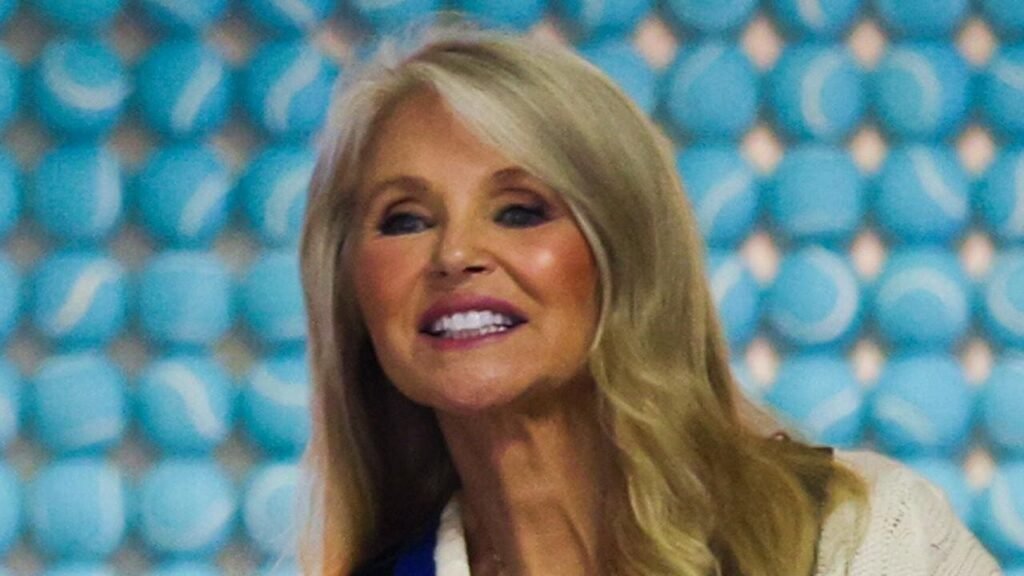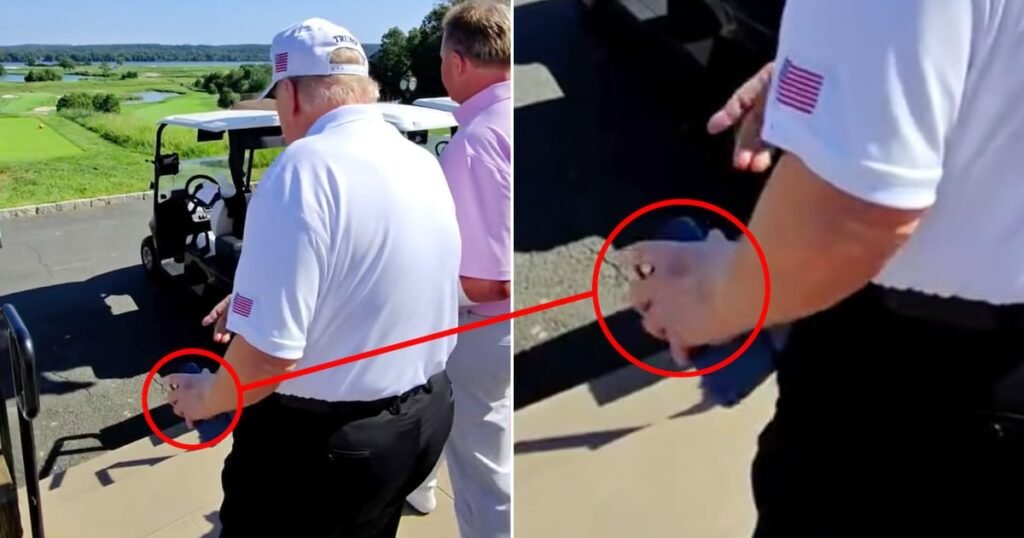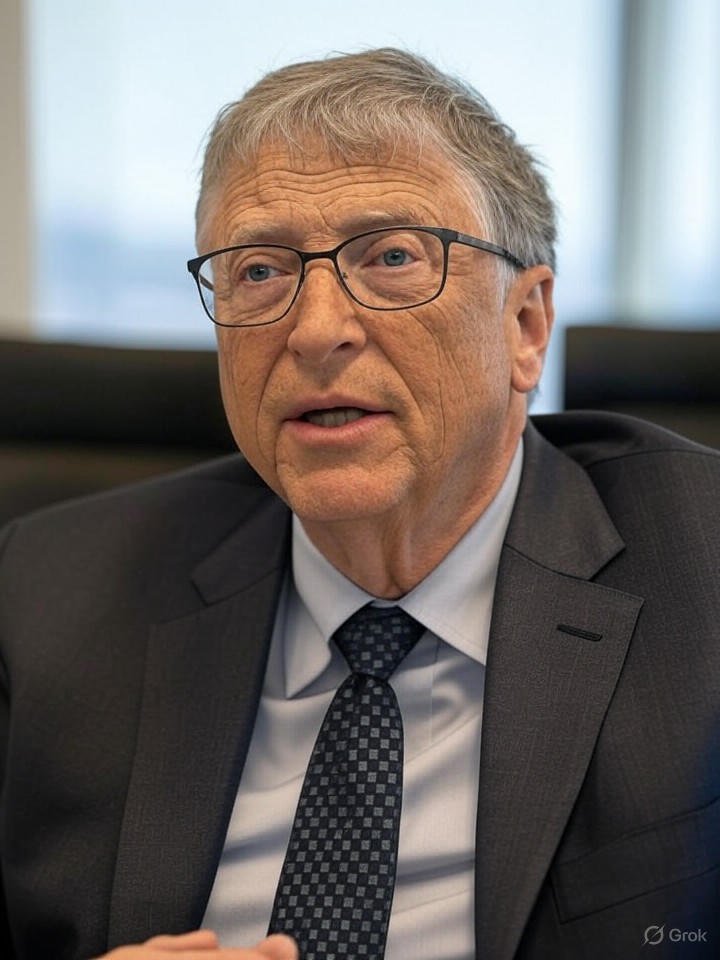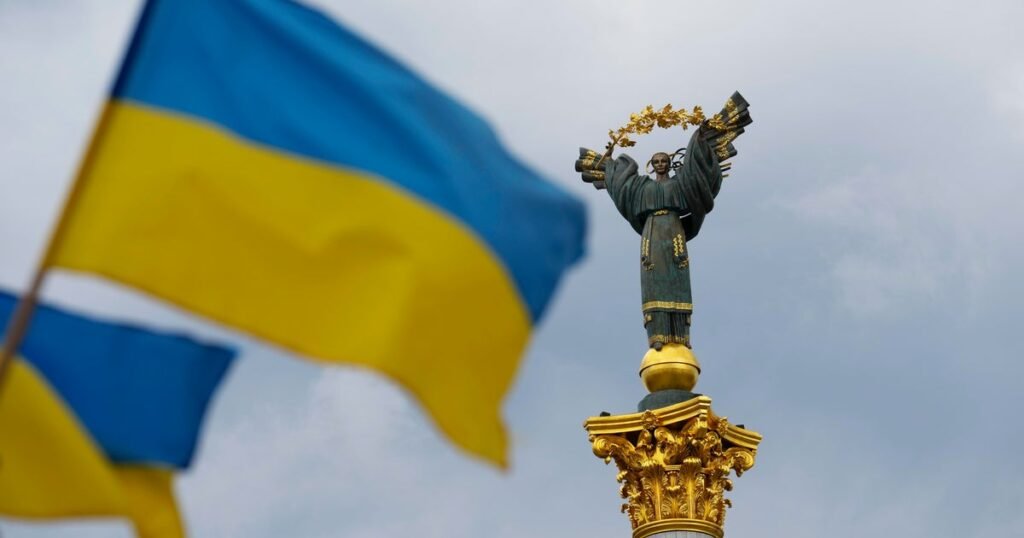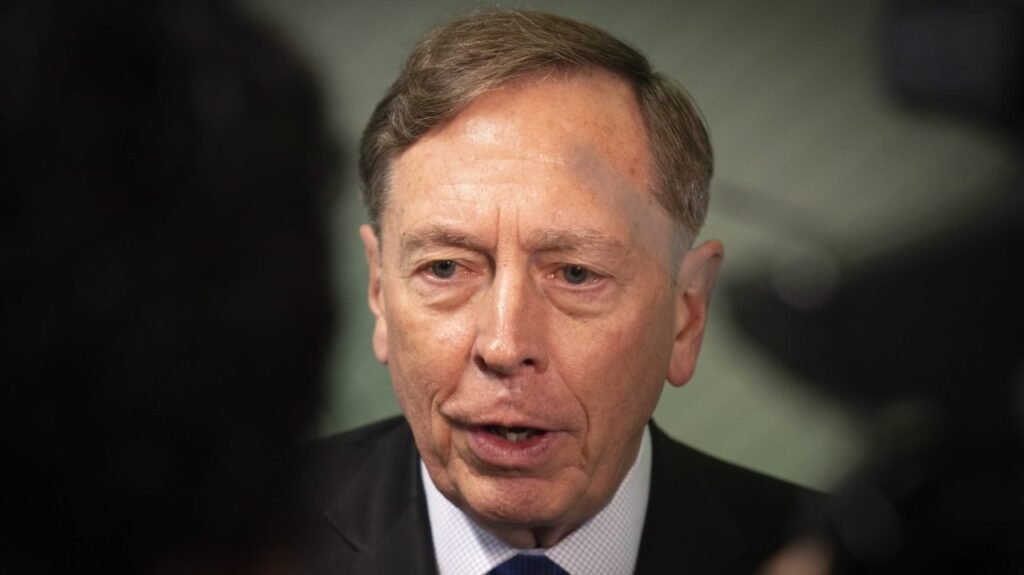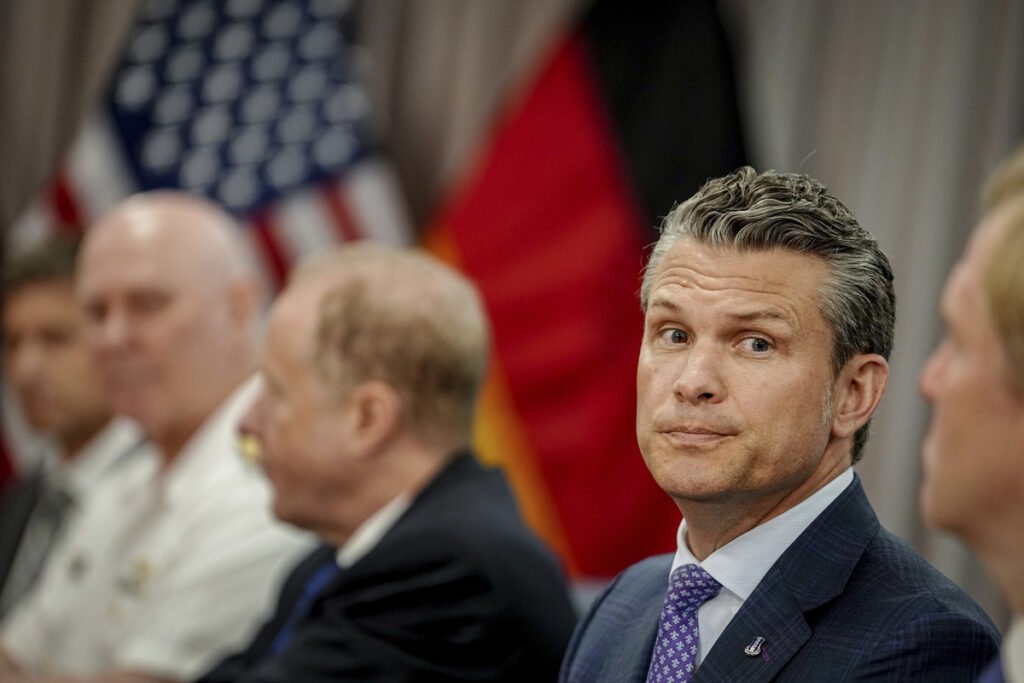Elon Musk announced his new company xAI which he says has the goal to understand the true nature of the universe.
Jaap Arriens | Nurphoto | Getty Images
When Elon Musk created his artificial intelligence startup xAI in 2023, he incorporated it as a Nevada public benefit corporation, making a formal commitment to positively impact society and to post regular disclosures about progress on its non-financial goals.
The launch of xAI followed Musk’s split with OpenAI, which he helped start eight years earlier as a nonprofit before the AI lab went on to take billions of dollars from Microsoft en route to becoming a massive business.
Musk’s spat with OpenAI took a legal turn early last year, when he sued the AI startup and CEO Sam Altman for breach of contract, alleging they abandoned the company’s founding mission to develop AI “for the benefit of humanity broadly.” As part of his lawsuit, Musk sought to block OpenAI from converting into a for-profit entity.
Meanwhile, xAI changed its own structure, terminating its PBC status, according to records on file with Nevada’s secretary of state.
Nevada public records show that as of May 9, 2024, xAI’s distinction as a PBC was gone. And when xAI merged with X (formerly Twitter) earlier this year, the combined company remained without its PBC structure, according to its articles of incorporation, dated March 28.
Representatives from xAI didn’t respond to requests for comment.
A month after shedding its PBC designation, xAI began using dozens of natural gas turbines to power its data center in Memphis, Tennessee, where the company trains and processes the data behind its Grok chatbot. While xAI, and its supplier, Solaris Energy Infrastructure, initially promised to use pollution controls with the turbines, those haven’t yet materialized.

The company’s operations in Memphis have added to air pollution woes in the region, according to research by scientists at the University of Tennessee in Knoxville.
The NAACP is suing xAI, alleging the company committed Clean Air Act violations.
Executives at Legal Advocates for Safe Science and Technology (LASST), which first obtained the Nevada public records, said that xAI appears to have registered as a PBC when it was helpful for publicity, but then abandoned the distinction without telling the public.
“Once you start funneling billions of dollars into an industry, and follow what is strictly a profit motive, sometimes the better angels take a back seat,” LASST programs director Vivian Dong told CNBC.
LASST CEO Tyler Whitmer said his nonprofit works to hold AI companies accountable for the promises they make to users, investors and regulators, and pushes them to be transparent about the safety risks of their AI technology and policies.
Over the last year, xAI has been embroiled in controversy not just for its environmental impact, but also because of the output of its Grok chatbot.
Grok is both a standalone app and is tightly integrated into X as well as in Tesla infotainment systems.
This year, Grok has generated and spread hateful and false content across X including antisemitic posts, praise for Hitler and false claims about alleged “white genocide” in South Africa. Grok has also spread climate change denial talking points.
When Musk’s company released a new version of the model underlying its chatbot, Grok 4, on July 9, it did so without making any details available about relevant guardrails or safety testing before the rollout.
Competitors including OpenAI, Google DeepMind and Anthropic, which is a Delaware PBC, have published disclosures about their safety testing and the guardrails they’re putting in place around new releases before pushing them out. However, companies across the industry have faced criticism for an insufficient amount of focus on AI safety, privacy and the environmental impact of data centers that train and run AI models.
After CNBC sent multiple requests for information to xAI in July and August about its safety practices, the company updated its “model card” for Grok 4 on Aug. 20, providing some information about its testing and guardrails. That was almost two months after its release.
Why Nevada?
Michal Barzuza, a law professor at University of Virginia and a corporate law and governance expert, told CNBC that a company focused on being accountable to stakeholders wouldn’t choose to incorporate in Nevada, where state laws make it hard for shareholders to sue corporations, directors and officers.
That means “less litigation, but it also means less to no accountability,” said Barzuza.
A benefit corporation in Nevada is a for-profit legal structure that formally acknowledges a company’s commitment to creating positive impacts, alongside its financial goals. Establishing a business as a PBC in the state potentially offers legal protections to officers and directors who prioritize broader goals, but doesn’t come with many other obligations, Barzuza said.
XAI hasn’t delivered annual reports on its environmental and social impact that would otherwise be expected by a PBC under Nevada’s statute.
Musk’s retreat from PBC status has been so secretive that even his attorney appeared to be unaware of the change. As recently as May 2025, in an amended complaint that’s part of the case against OpenAI, Musk’s lawyer, Marc Toberoff, wrote that xAI is “a public benefit corporation founded by Musk to help accelerate scientific research via AI.”
The filing says Musk was suing OpenAI partly to “ensure that competition in the marketplace for generative AI remains healthy and that AI development proceeds in a safe and responsible manner for all stakeholders and society at large.”
Toberoff didn’t respond to requests for comment.
Also in May, OpenAI bowed to pressure from civic leaders and ex-employees, announcing in a blog post that its nonprofit would retain control of the company even as it restructures into a PBC.
Public disclosures from the large AI model companies are becoming more critical as their usage expands deeper into the consumer and business markets and larger piles of money pour into the space from investors.
WATCH: Elon Musk says he has no plans to merge Tesla with xAI


